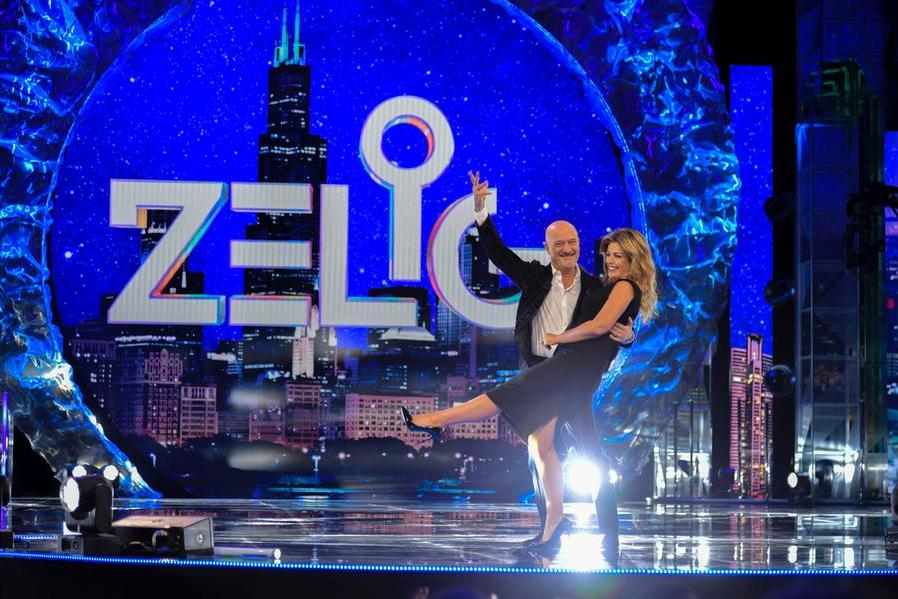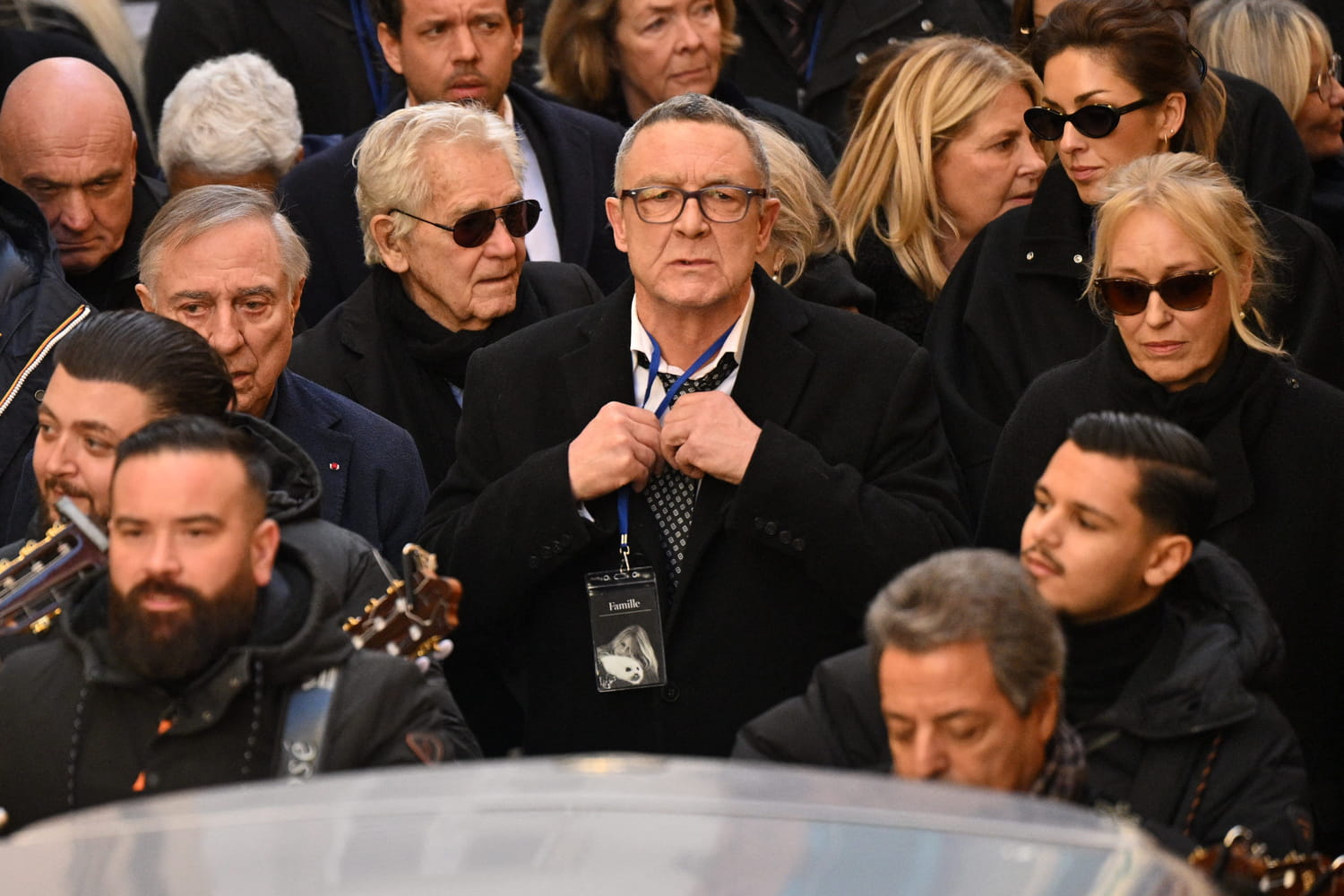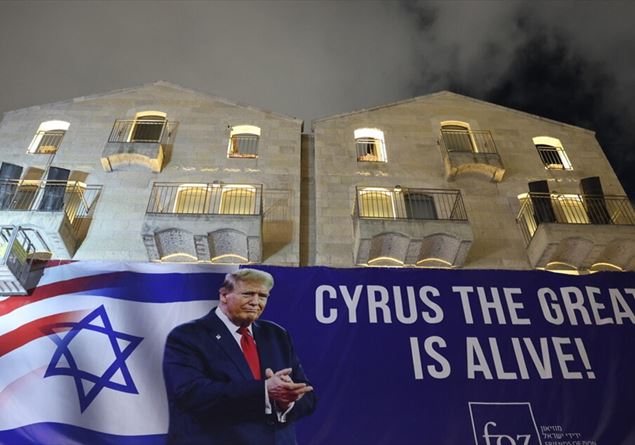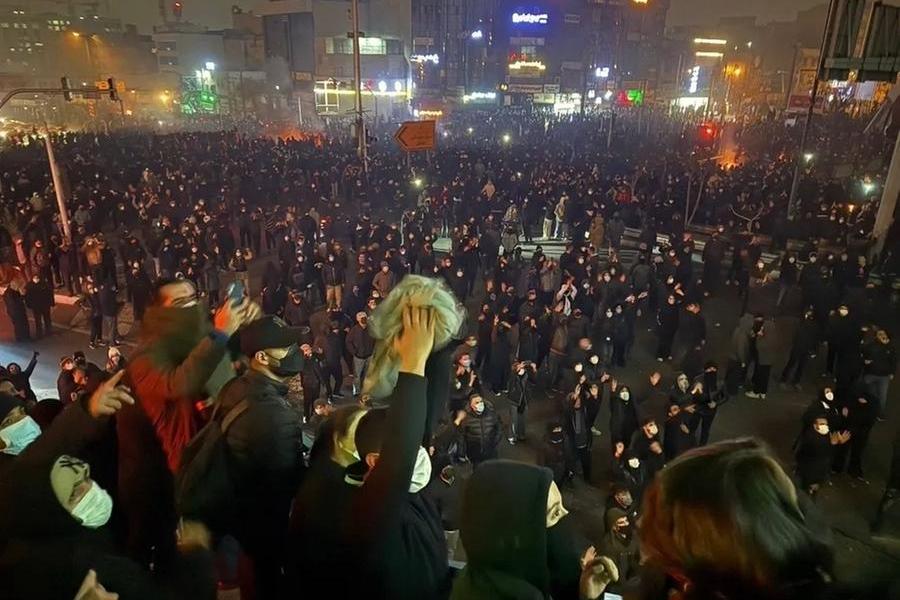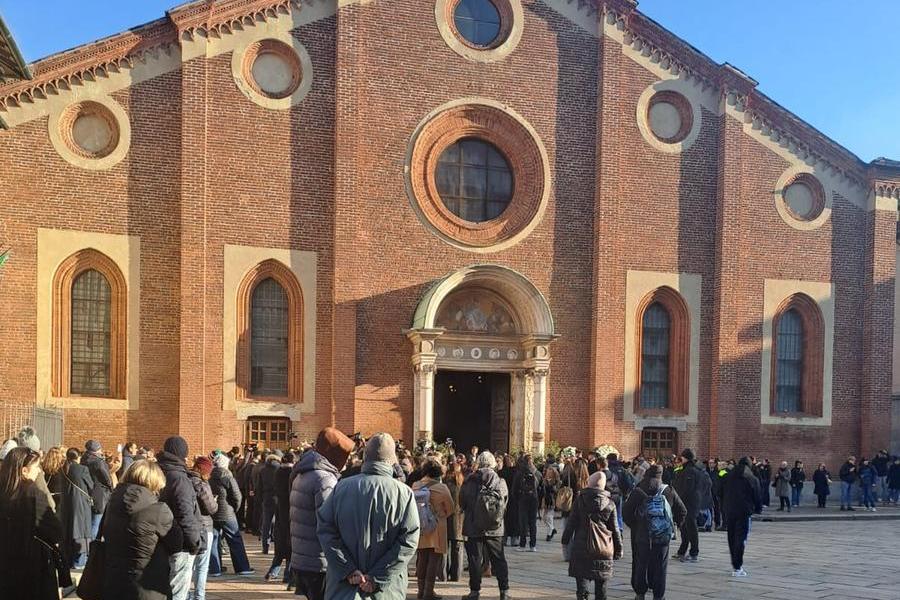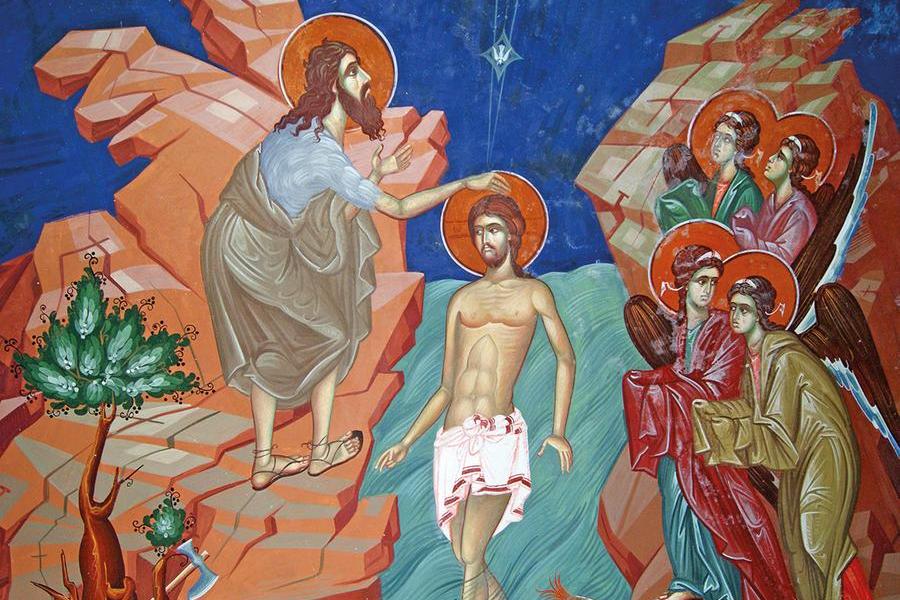Donald Trump’s speech to the Knesset, the Israeli Parliament, was an event that aroused international confusion and outcry. Coming in the aftermath of the fragile ceasefire between Israel and Hamas — an agreement that, for now, appears to be holding — the American president’s speech alternated triumphalistic tones, grotesque improvisations and politically ambiguous passages.
Trump spoke of “eternal peace” and “end of war”, but without ever saying the word “Palestine”. He joked as some deputies were expelled for displaying signs reading “Genocide” and called for a pardon for Benjamin Netanyahuthe prime minister who himself pushed – albeit reluctantly – to sign the agreement.
A script that mixes charisma, narcissism and power, but which raises questions about to what extent the new Middle Eastern balance is the result of a real strategy or rather of the unpredictability of the Trump character.
We talked about it with Agostino Giovagnolihistorian and teacher of contemporary history at the Catholic University of the Sacred Heart, an expert in international relations and twentieth-century political history, who helps to read this passage not only in the light of the news but of the great discontinuities that cross Western democracy and diplomacy.
Professor, Trump’s speech to the Knesset comes in the aftermath of a fragile ceasefire. As a historian, would you read it as a gesture of rupture or continuity with the long American tradition in the Middle East?
«I would say it has elements of both. It is an important fact, but not yet “historic” in the full sense of the term: we do not know whether it inaugurates a new path or whether it will remain an isolated episode. American foreign policy has accustomed us to sudden changes of direction, to sudden discontinuities, and Trump moves fully within this logic. After all, what he achieved in the Middle East was already a project of Biden’s, but he did not have the strength to implement it.
Trump seized the moment, personalized it and turned it into a media success. But the substance remains that of a peace imposed from above, rather than negotiated from below.”
In his speech Trump never said the word “Palestine”. Is it a slip of the tongue or a deliberate choice?
«It is a precise and very significant choice. The absence of the word “Palestine” reveals the lack of a long-term political vision. The future of the Palestinian people remains the unresolved question of any attempt at peace. This silence unfortunately fits in with the current Israeli government’s desire to prevent the birth of a Palestinian state in any way.
The ceasefire is very important, because it has interrupted a spiral of terrible violence, but it remains a fragile agreement. It is not yet peace, and this is where Trump reveals his limit: he favors the immediate effect over the lasting project.”
In the chamber, deputies who held signs reading “Genocide” were expelled amid applause. Trump commented ironically: “You were very efficient.” What is your reading of it?
«It’s a disturbing scene. Not so much for the joke itself, which belongs to his provocative style, but for what it represents: the compression of dissent in the name of efficiency. It is the symptom of a paradigm shift, not only in Israel but throughout the world.
Today democracy is in crisis, and Trump is its symbol: he explicitly moves outside the democratic paradigm, the one which after the Second World War had founded an international order based on the rights of peoples and not on force. He talks about reconstruction, business, stability, but not rights. It is a language that can bring order, but at the price of a profound impoverishment of the idea of peace.”
The request for pardon for Netanyahu was striking for its ease. Was it a gaffe or a calculation?
«It is not an act of friendship towards the State of Israel, but a personal gesture towards Netanyahu. Probably also an interested friendship: Trump imposed a truce on a prime minister who didn’t want it, and with that sentence he seems to want to compensate him. It is a dynamic of personal power, which bypasses institutions.
Yet, if we think about historical transitions, amnesties have also played a role: I would not be shocked by clemency that helped a real peace process, just as I would not be shocked by those responsible for Hamas. The goal must be peace, not punishment.”
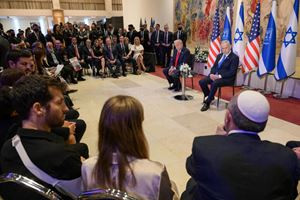
Many read the speech as a spectacular re-edition of the great moments of American diplomacy, from Camp David to Oslo. How do you place it?
«Trump does not belong to that genealogy. Camp David and Oslo were founded on an idea of mediation and reciprocity. Here there is the logic of the twist, of the leader who decides alone.
Fortunately, however, history is stronger than leaders. Trump is profoundly contradictory, and this can even be a good thing: if he were fully consistent with his principles, it would be a disaster for American democracy and world peace. Contradictions limit him, reality holds him back, and this is good news.”
On an internal level, what is your interpretation of his move? Is this an attempt to rewrite the American narrative around the world?
«Yes, I believe that Trump is trying to recover the myth of America as a saving power, the one that “brings peace”, but he does so within an electoral logic. Each of his foreign actions also speaks to the domestic public: the Republican base, the evangelicals, the voters who want a dominant but not interventionist America.
It is a difficult, almost schizophrenic balance: on the one hand “America First”, on the other “messianic America”. Two souls that coexist in his narrative and that make his message powerful but unstable.”
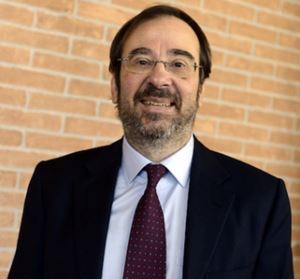
Do you think that this “victory” in the Middle East could push him to intervene on other fronts, such as the war in Ukraine?
«Maybe. Narcissism and vanity are real forces in history, especially when they involve leaders with enormous power. If this success pushes him to move to Ukraine too, so be it. But it remains worrying that world peace depends on the psychological traits of a single man more than on international rules and institutions.
The war in Ukraine has fallen out of the spotlight, but it continues tragically. It is to be hoped that Trump’s energy and protagonism, for once, translate into something positive.”

